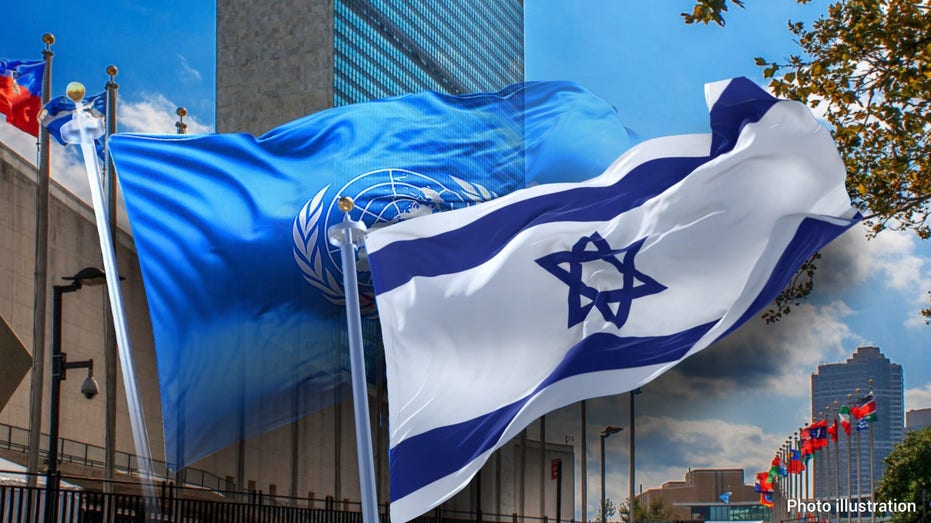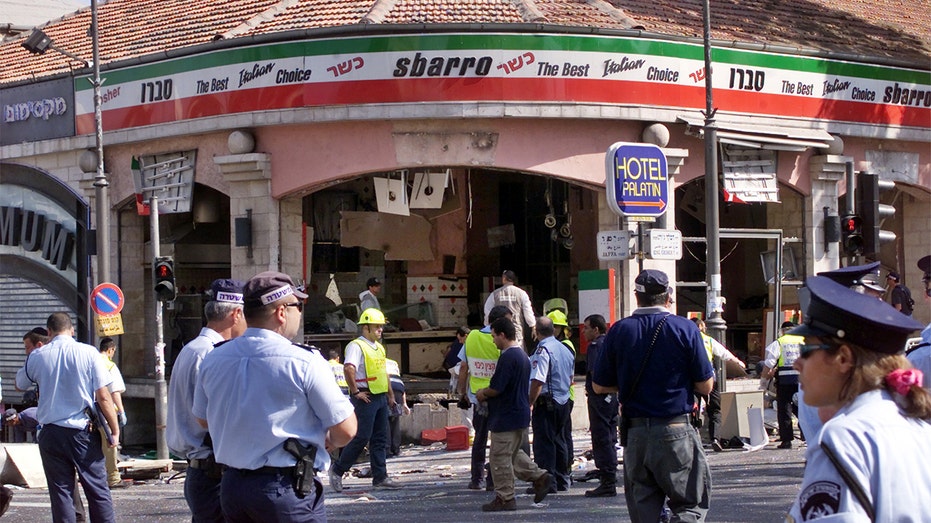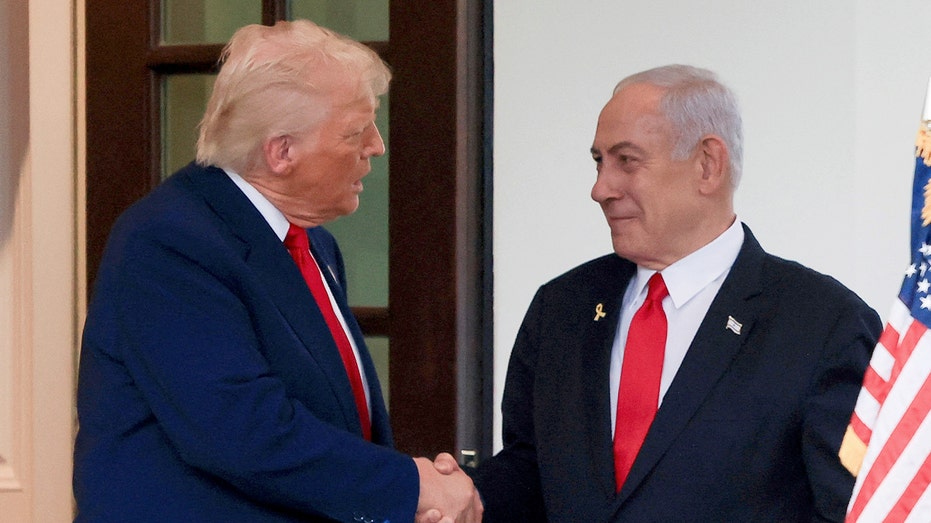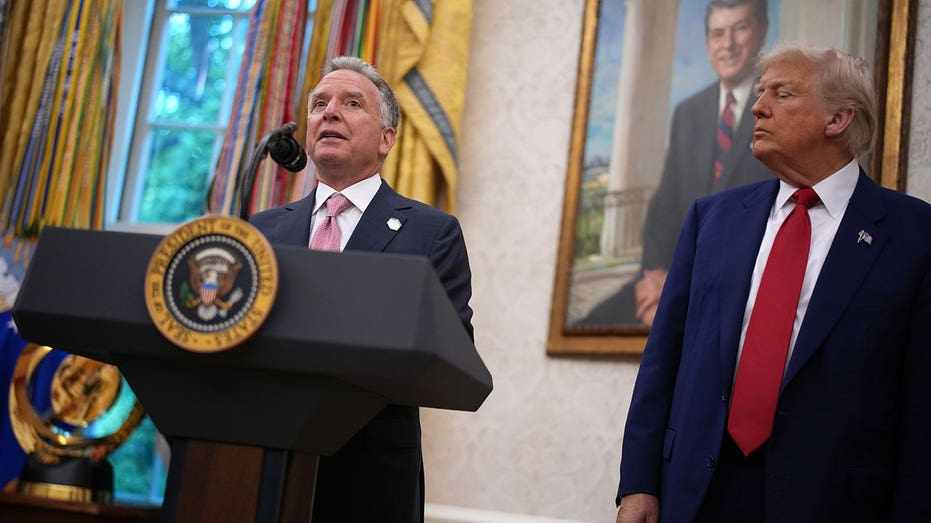UN Report Slams Israel for 'Extermination' and Religious Curbs, Ignites Bias Debate

Sarah Johnson
June 18, 2025
Brief
UN report accuses Israel of extermination and religious restrictions, sparking controversy over bias and antisemitism claims.
A recent United Nations report has ignited global controversy by accusing Israel of committing "the crime against humanity of extermination" and restricting religious freedoms in the Occupied Palestinian Territory. The 19-page document, released by the U.N. Independent International Commission of Inquiry (COI), examines alleged violations of international human rights and humanitarian law, focusing on attacks against educational facilities and religious sites.
The report’s sharp tone toward Israel, contrasted with lighter criticism of Palestinian authorities, has drawn fierce backlash. It lists 13 recommendations for Israel, including ceasing military use of civilian sites, but offers only two each for Gaza’s de facto authorities and the Palestinian government. Critics, including the U.S. mission, have slammed the COI’s approach as biased, with some calling it a reflection of deeper antisemitism within the U.N.
Among the report’s claims, Israel is accused of limiting Palestinian access to holy sites like the Temple Mount through security checks and age-based restrictions. It also controversially notes that "extremist Jews" were allowed to pray at the site, despite a historical ban, framing this as provocation. Defenders of Israel argue this ignores the broader context: that Israel ensures religious freedom for all faiths, while Jewish sites have faced destruction by Palestinian groups for decades.
The report also highlights damage to educational facilities, citing 42 instances of interference, primarily blaming Israeli forces. While it acknowledges Israel’s claim that Hamas uses schools as military bases, the COI notes Hamas disputes this. UNRWA, the U.N. agency for Palestinian refugees, condemned any misuse of its facilities but avoided directly addressing Hamas’s involvement.
The U.S. State Department rejected the COI’s mandate as "vague and open-ended," emphasizing Israel’s right to defend itself against Hamas while urging civilian protections. The report’s failure to demand accountability for Hamas’s actions, particularly the October 7 atrocities, has further fueled accusations of imbalance.
As the debate rages, the report underscores the volatile intersection of politics, religion, and human rights in the region, leaving many questioning the U.N.’s role in resolving such conflicts.
Topics
Editor's Comments
This UN report reads like a referee calling fouls on one team while winking at the other’s low blows. Why’s Hamas’s schoolyard hide-and-seek game barely a footnote? And painting Jewish prayers as ‘provocation’? That’s like blaming a chef for cooking in his own kitchen. The UN’s scales seem tipped—guess they forgot to calibrate them at the Temple Mount.
Like this article? Share it with your friends!
If you find this article interesting, feel free to share it with your friends!
Thank you for your support! Sharing is the greatest encouragement for us.



